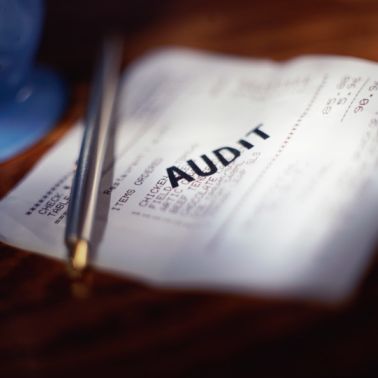 The U.S. Department of the Treasury's Office of Inspector General (OIG) recently released its audit reports of selected recipients of cash grants awarded under Section 1603 of the American Recovery and Reinvestment Act of 2009.
The U.S. Department of the Treasury's Office of Inspector General (OIG) recently released its audit reports of selected recipients of cash grants awarded under Section 1603 of the American Recovery and Reinvestment Act of 2009.
Those audits include reports for three wind farms with cumulative costs of $946.3 million eligible for the 30% Treasury grant and a total nameplate capacity of 546.5 MW.
Although it is expected that the OIG will continue its audits at least through the conclusion of the grant program, the amounts challenged by the OIG thus far were relatively small.
For the three wind farms, the OIG recommended seeking reimbursement from the project owners of less than $40,000. The Treasury is seeking tax accounting guidance, presumably from the Internal Revenue Service, with respect to approximately $2 million more of potential reimbursement. The low level of these amounts reflects well on the renewable energy industry.
However, the OIG's audit reports offer some valuable insight into what project expenses are eligible under the cash-grant program.
For instance, the reports were generally supportive of grant eligibility for spare parts – provided that, at the time the grant application is filed, title and risk of loss to the spare parts have passed to the applicant. However, no clear standard for spare parts was articulated in the reports.
Nonetheless, given the reference by the OIG to emergency spare parts and by the applicant to rotable spare parts, it would appear that, in order to qualify for the grant, spare parts need to be reasonably necessary to operate the project in a manner consistent with prudent industry practice.
For example, in its audit report of one wind project, the OIG determined that the spare parts were not eligible for the cash grant, because the applicant did not have title and risk of loss at the time the grant application was filed.
In addition, tools – such as those needed to service the wind turbine – appear to be grant-eligible under certain circumstances. The audit report did not cite any authority supporting the grant eligibility of tools, but presumably, in order to qualify, tools must be necessary to operate the project in a manner consistent with prudent industry practice.
Further, the grant applicant must have title and risk of loss to the tools at the time the grant application is filed, and the tools must have been purchased for the project.
As expected, the fees or expenses associated with a building that is itself ineligible for the cash grant are not eligible costs. Applicants should expect continued scrutiny of grant applications by multiple functions within the federal government and at different stages in the process.
David Burton is a partner at Akin Gump Strauss Hauer & Held LLP. He can be reached at (212) 872-1068 or dburton@akingump.com.



